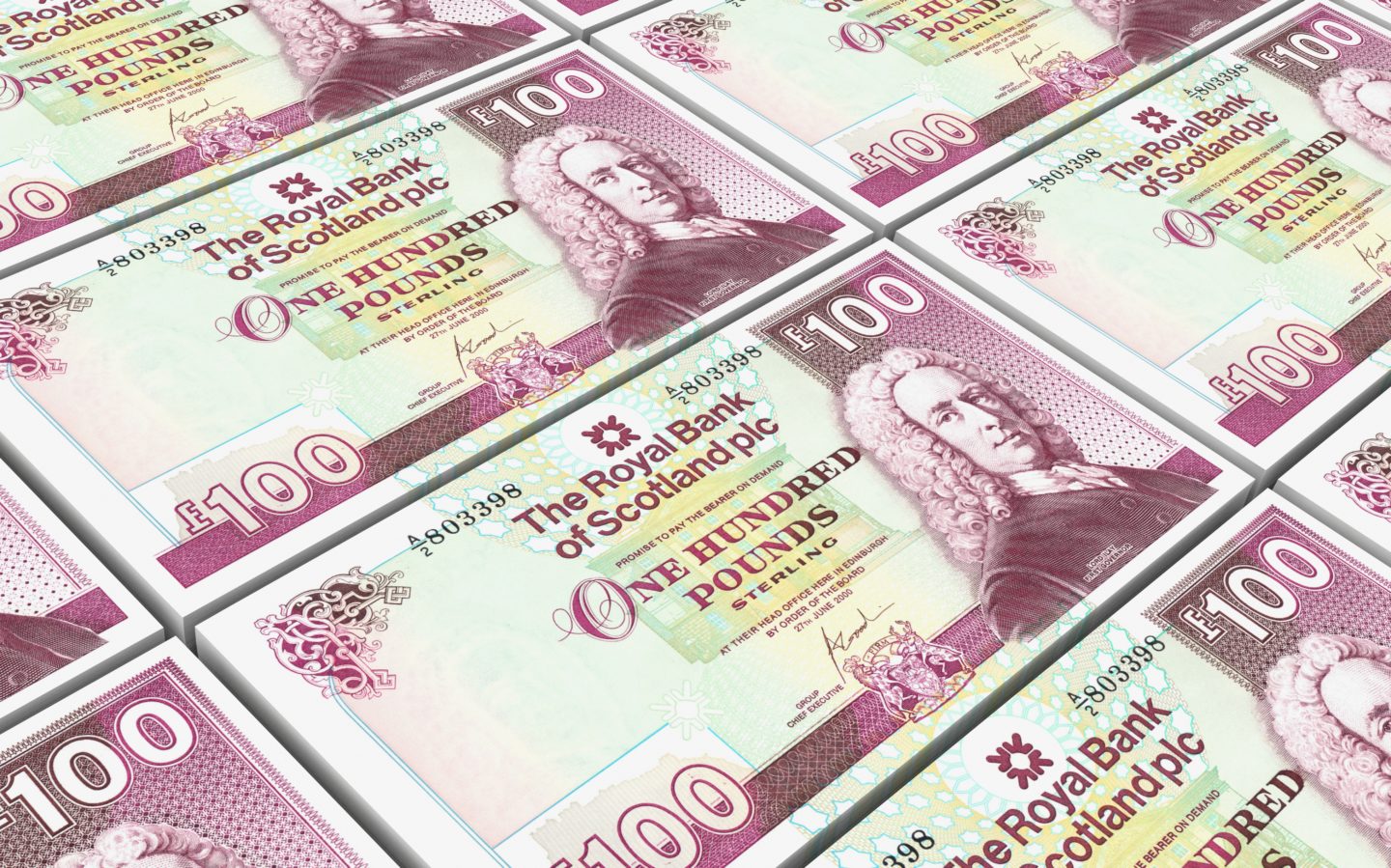A trust funding the Scottish Conservatives with so-called “dark money” has revealed it has assets of £2.35 million, following an investigation by The Ferret.
In a statement given to the BBC, the Scottish Unionist Association Trust (SUAT) said that the trust’s net assets at the end of 2017 were worth £2.35m, and had been “predominantly invested in UK listed equity investments”.
The money had come from original assets worth £68,000 in 1968, which were now worth more than £1m, said Robert Miller-Bakewell, SUAT’s chairman.
SUAT also inherited the assets of the Glasgow Unionist Association Trust (GUAT) when the two trusts merged in 2013, and received a £158,000 legacy from the estate of a retired trustee in 2017.
The assets were transferred “as far back as records have been obtained, consistent with HMRC guidance for holding historic records”, Miller-Bakewell stated, adding: “Prudent management of its investment portfolio have delivered strong growth in the trust’s balance sheet.”
The Scottish National Party (SNP) called it a “pathetic attempt at a whitewash” that “raises more questions than it answers”.
Since we covered the ‘dark money’ story raised by @FerretScot and in Parliament, there have been questions about where the Scottish Unionist Association Trust’s money came from here. Here’s what the Trust has now told us…
(I also hear @FerretScot have another story this week) pic.twitter.com/27VtsAgf5u
— Nick Eardley (@nickeardleybbc) July 19, 2018
SUAT is currently under examination by the Electoral Commission after The Ferret highlighted inconsistencies in the trust’s status.
One reason for the Electoral Commission’s probe is that title deeds published by The Ferret revealed that a Glasgow building – the trust’s official address – was transferred from GUAT to SUAT after a cut-off date, which may disqualify it from being an ‘exempt trust’. Only exempt trusts are legally permitted to give donations to political parties.
Trusts can be considered exempt if they meet certain requirements as specified by the Political Parties, Elections and Referendums Act 2000. One of these requirements is that no property has been transferred to a trust since 27 July 1999.
However, title deeds show that ownership of the building was transferred to SUAT by GUAT on 5 February 2014. The building is also used as the office of the Glasgow Tories – which the party rents from SUAT – as well as other Tory associations.
A new freedom of information response to The Ferret also revealed that the Electoral Commission did not have an address on file for SUAT until February 2017.
According to Miller-Bakewell’s statement, SUAT was formed by Scottish Tory supporters in the west of Scotland who “seeded” the trust with its original assets. SUAT had “no overseas investments or accounts”, he said.
Trustees were all volunteers and members of the Scottish Tory party and have all fulfilled a range of “voluntary roles over the decades”, he added.
The trustees include former Scottish Tory chairman and shadow secretary of state for Scotland, Peter Duncan, former Scottish Tory executive, Robert Miller-Bakewell, and Kim Donald, a former Scottish Tory deputy chairwoman and board member of the UK party, and a former East Ayrshire Councillor.
The Ferret has also reported that Duncan has been criticised for lobbying Conservative politicians while being a SUAT trustee.
Lobbyist outed as Tory ‘dark money’ trustee sparks call for tighter rules
The trust has always “operated independently” of the Scottish Tory party and donations are given to local associations or the central party rather than individuals, said Miller-Bakewell. “Donations are indifferent to the identity of a candidate or elected representative. Indeed, SUAT does not entertain applications direct from individual politicians.”
Pete Wishart, an SNP MP who has previously raised questions about SUAT in parliament, called on the trust to publish its accounts. “This pathetic attempt at a whitewash actually raises more questions than it answers,” he said.
Releasing information only “as far back as records have been retained” was “nonsense”, he argued. “A trust knows if it has acquired assets or if it hasn’t.”
He added: “It appears SUAT may have ceased to be an exempt trust by 2014, but that hasn’t stopped donations being made to Tory election campaigns. Will SUAT publish its accounts each year from 2001 to 2017? If not why not?”
Electoral Commission probes £319,000 Tory ‘dark money’ trust














